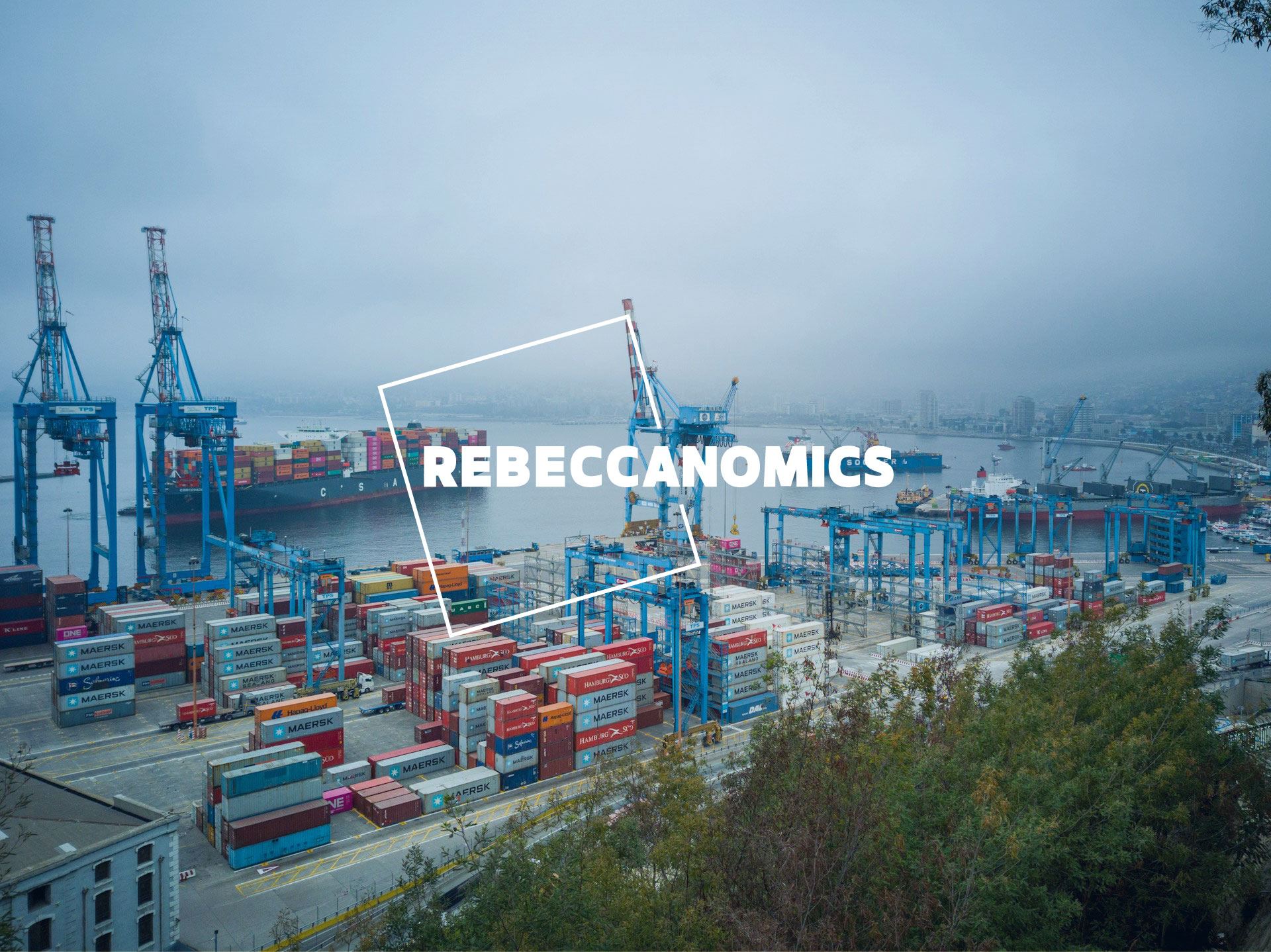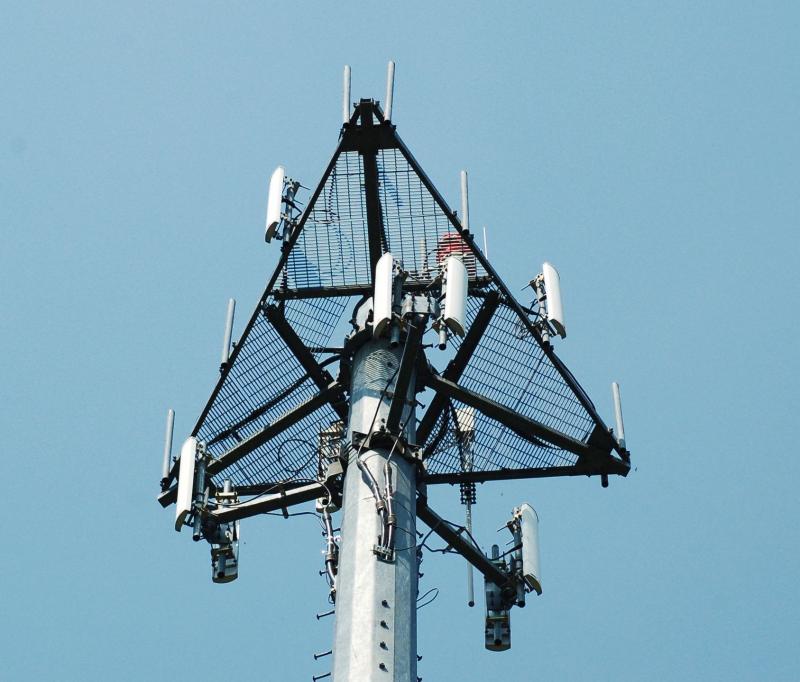
UK & DE Freight in 2024 and Beyond: A Supply Chain Logistics Case Study
Dive into the future of UK & DE freight: Adaptation, green logistics, and technological innovation shaping 2024 and beyond.

In the 21st century, cyber warfare has rapidly emerged as a potent new instrument of state power. Major nations like Russia, China, North Korea and Iran maintain vast cyber armies engaging in constant attacks against rival states’ critical infrastructure and economic institutions. These offensive cyber operations offer a powerful asymmetric capability, enabling significant damage to an adversary at low cost without conventional military engagement.
Recent years have seen a dangerous escalation in the scale and sophistication of state-sponsored cyber attacks aimed squarely at undermining rival nations’ economic strength and societal stability. North Korea infamously hacked Sony Pictures in retaliation for releasing the film The Interview. China breached the US Office of Personnel Management in 2014, stealing sensitive data on millions of government employees. Russia unleashed the catastrophic NotPetya malware in 2017, causing over $10 billion in global economic losses. The list goes on.
Such cyber campaigns form a key part of modern “hybrid warfare” strategies combining military, economic, and informational means of coercion. Cyber attacks on critical infrastructure like power grids or financial systems can be hugely destabilizing without firing a shot. Hacking enables states to steal valuable trade secrets and intellectual property from economic rivals. Attacks against corporations can also send symbolic signals – such as China’s retaliation on behalf of ZTE against Huawei’s American supply chain partners amid US sanctions pressure.
In many ways, state-sponsored cyber warfare represents the 21st century evolution of economic coercion. But it also brings unique advantages compared to traditional trade blocks, embargoes and sanctions. Cyber campaigns can be calibrated for subtle disruption rather than overtly provocative damage. Attribution can be obscured through intermediaries. Rapid technological innovation expands possibilities for asymmetric attacks. And non-state actors offer governments “plausible deniability” if covertly supported and unleashed against foreign networks.
Cyber warfare has moved to the center of modern geopolitical competition between great powers. And the lack of common rules of engagement raises risks of uncontrolled escalation. However, while cyber capabilities provide strong coercive leverage, they cannot singlehandedly bring major powers to their knees. The threat of retaliatory conventional military force still matters greatly. This “blended” landscape of hybrid warfare is the new normal. Both state and commercial actors must urgently reassess vulnerabilities and build cyber resilience across all critical systems. Shared cybersecurity norms are also needed to set red lines and manage risks. The era of cyber economic conflict is here, forcing policymakers to adapt visions of economic statecraft and national security to new digital realities.

Dive into the future of UK & DE freight: Adaptation, green logistics, and technological innovation shaping 2024 and beyond.

Join Dr. Rebecca Harding in a crucial discussion on sustainability in economics. Dive into why regulators must evolve GDP metrics to include sustainability for an accurate portrayal of our climate challenges and the journey towards actionable global solutions.

Explore the intricate relationship between trade fragmentation, geopolitics, and supply chain resilience with Dr. Rebecca Harding. Learn why understanding the political landscape is crucial to making economic sense and how strategic trade is shaping the 21st-century battleground.

Uncover the strategic necessity of Supply Chain Resilience in our latest piece by Dr. Rebecca Harding. Discover how today’s trade becomes a domain of warfare and why intelligence in supply chains forms the New Tradecraft in safeguarding national security.

Discover how biometric technology could revolutionize global trade, offering seamless and secure cross-border transactions by reducing inefficiencies at customs and immigration, with real-time tracking and smart contract integrations, promising a future of frictionless international commerce.

Decentralized finance innovations could eliminate inefficiencies and increase transparency across global supply chains. But what are the challenges to mainstream adoption?

With sufficient coordination, shared biometric databases could allow automated frictionless passenger and cargo tracking across borders.

Cyber warfare is emerging as a potent tool for states to destabilize rival economies. But what are its limits compared to conventional coercion?
Contact
Services
About
Insights
Rebecca’s Bio
Terms and conditions
Privacy